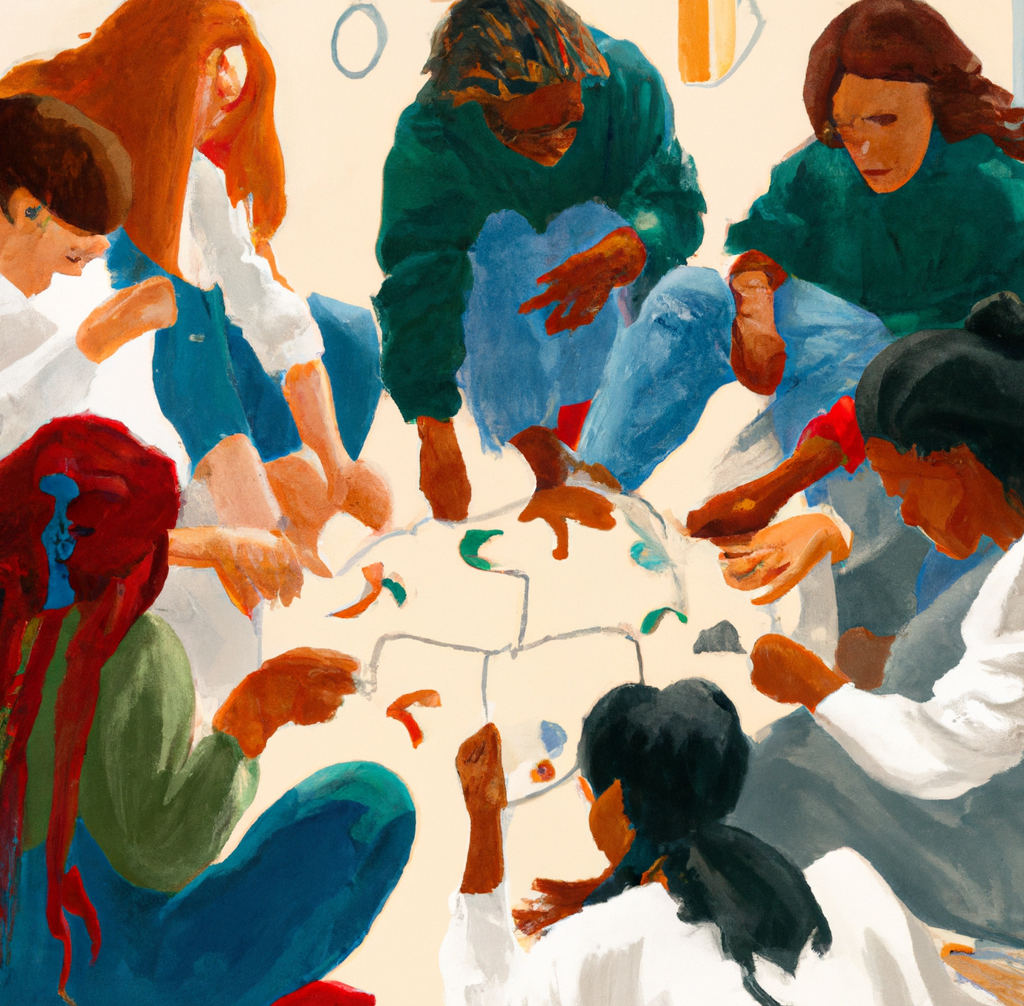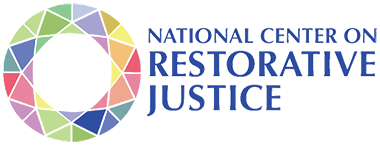Program Implementation

Funded by the Bureau of Justice Assistance (BJA), the National Center on Restorative Justice (NCORJ), in partnership with the Center for Justice Innovation (CJI), is offering a three-day in-person training opportunity (delivered at recipients’ location) to criminal justice agencies seeking to deepen their understanding of restorative justice. The goal is to educate and train the current and next generation of criminal justice leaders in restorative justice approaches.
Training Details
Participants in the training will:
- Learn restorative justice philosophy and principles;
- Participate in experiential learning of restorative justice through guided activities;
- Begin to assess the readiness of your agency for restorative justice implementation; and
- Explore the challenges of doing this work within the criminal legal system.
Sites with an interest in offering restorative justice practices to adult populations are encouraged to apply. All criminal justice agencies selected for the training will receive a readiness assessment and support in identifying and forming a partnership with a community-based organization or other restorative justice provider to support the implementation of restorative justice programming.
Awardees will also be invited to be a part of a cohort of criminal justice agencies invested in restorative justice. We will facilitate virtual meetings to support group learning and support.
Who Should Apply?
Criminal justice agencies within the U.S. are eligible to apply. Five sites will be selected. The training will be delivered for free to selected sites in the fall, between August and November 2024. The training day will typically run from 9 AM to 4:30 PM. The training can accommodate a maximum of 16 participants. Participants must be able to attend all three days of the training, without interruption.
Restorative practices require that we bring our authentic selves to the process. This training calls for participants who are open to sharing personal stories with colleagues. We encourage criminal justice agencies to select training participants with lived experiences that reflect the diversity of the community that they serve.
Submit your application and associated documentation through the online application found below. For technical and logistical questions related to accessing the online application, or if your organization encounters any barriers to submitting your application, please email contact@ncorj.org.
Application Submission Deadline: May 17th, 2024
Notification to Applicants: June 17th, 2024
Eligibility for Future Funding Opportunity
In 2025, NCORJ will award two two-year sub-awards ($250,000 each) to plan for and/or establish new restorative justice programs for adult populations. Sites that received the three-day training are eligible to apply.
Applicants for this sub-award must be either:
- A criminal justice agency and/or stakeholders who received NCORJ three-day training
- A community-based non-profit organization that is partnered with criminal justice agencies and/or stakeholders who received NCORJ three-day training
Interested in learning more? Questions about the application? View the recording of our information session below!
